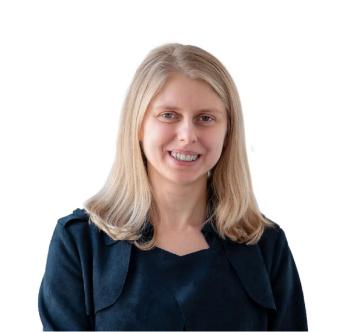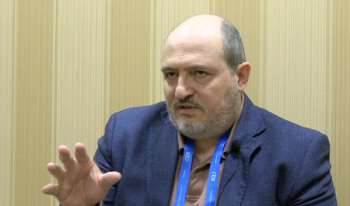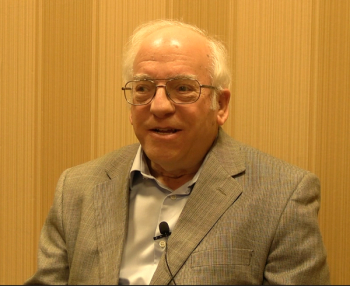
Astrochemistry at the Intersection of Disciplines
Gabi Wenzel, visiting scientist at the Center for Astrophysics, reflects on the interdisciplinary nature of astrochemistry and emphasizes the importance of maintaining openness in collaborative, cross-disciplinary work.
In the final segment of this interview, Gabi Wenzel—visiting scientist at the Center for Astrophysics, Harvard & Smithsonian—reflects on the deeply interdisciplinary nature of astrochemistry and underscores the importance of openness in collaborative, cross-disciplinary research. She emphasizes that bridging diverse scientific domains is not only enriching but essential for advancing our understanding of the molecular universe.
Wenzel is an experimental physicist with a strong background in astrochemistry and molecular spectroscopy. She earned her PhD in laboratory astrophysics at the Institute for Astrophysics and Planetology Research (IRAP) in Toulouse, France, where she investigated how cosmic polycyclic aromatic hydrocarbons (PAHs) interact with ultraviolet and infrared light. Her research focused on the relaxation mechanisms of these molecules in the gas phase, contributing to our knowledge of how complex organic molecules behave in interstellar environments.
Currently, Wenzel conducts research with both the McGuire Group at MIT and the McCarthy Group at the Center for Astrophysics. Her work centers on the rotational spectroscopy of PAHs—molecules believed to be widespread in space and potentially linked to prebiotic chemistry. At MIT, she developed a compact chirped-pulse Fourier transform microwave (CP-FTMW) spectrometer, which enables broadband rotational spectroscopy of astrochemical species. She complements this with high-resolution cavity-enhanced FTMW spectroscopy at the CfA, allowing for precise molecular characterization.
Wenzel’s research bridges laboratory experimentation and astronomical observation, supporting the identification of molecules in space using radio telescopes such as the Green Bank Telescope. Her work exemplifies how innovative instrumentation and interdisciplinary collaboration can illuminate the molecular complexity of the cosmos.
Newsletter
Get essential updates on the latest spectroscopy technologies, regulatory standards, and best practices—subscribe today to Spectroscopy.




